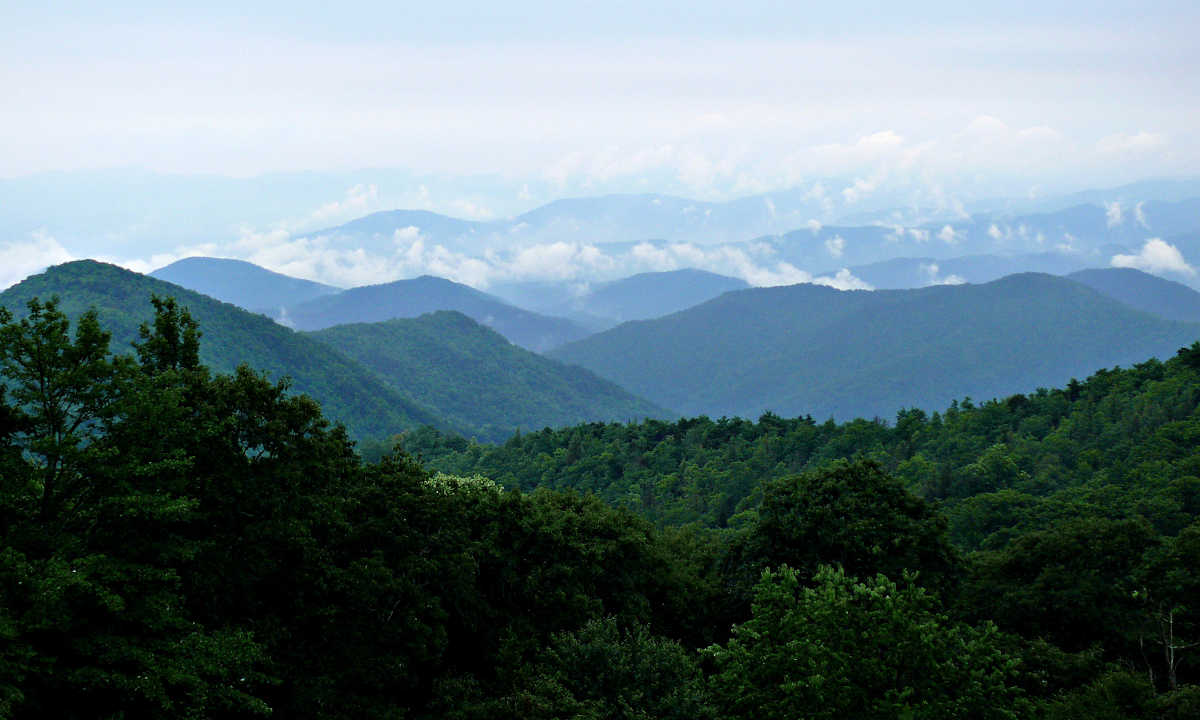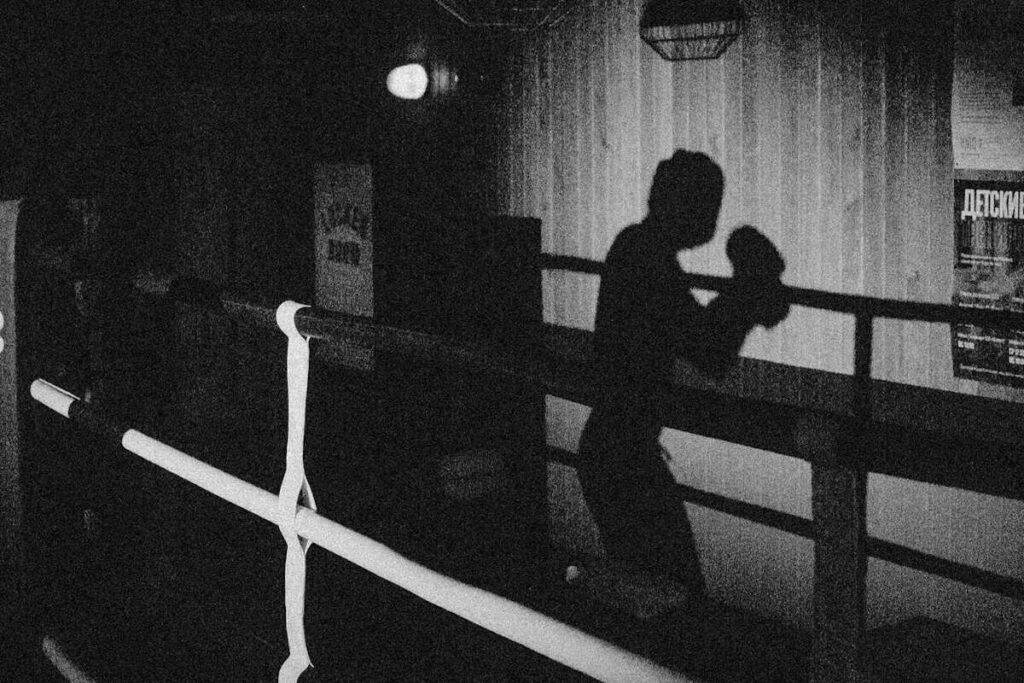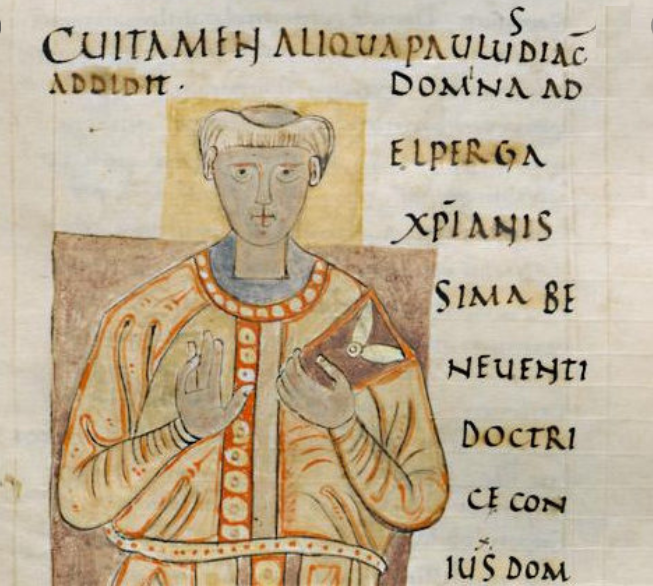A friend recently reminded me about the Mountain Talk documentary by the The LANGUAGE and LIFE PROJECT at North Carolina State University. I’ve watched it a few times and it always makes me smile.
It’s a great vignette of Appalachian culture in western North Carolina.
I don’t recognize all the provincial words the mountain folk share, but I know most of them: peckerwood, plum wore out, gommed up. I do recognize every kitchen and dining room in the video. I’ve see all those before in homes of my kin.
My grandfather grew up in those mountains. My momma spent her early years learning mountain ways. Eventually, my grandfather moved down to the foothills. That’s where I was born and raised, but me and my cousins spent many summers with my great aunts up in those mountains.
One of my favorite lines from the doc is,
“I think in recent years, people have come to realize how important their heritage is, and they know if it’s lost, it’s lost forever. If we lose it, how do we know who we are? I think it’s really important to know who you are and where you came from, you know?”
Yes, I know. I love my heritage and my people. I hope you love yours.









